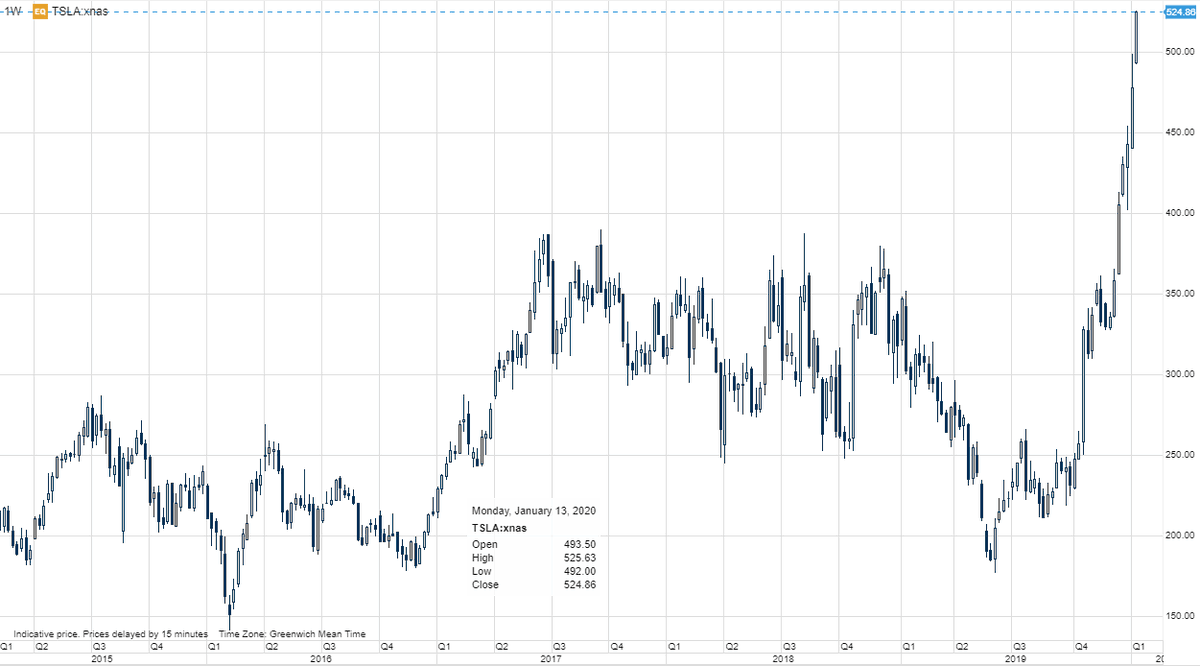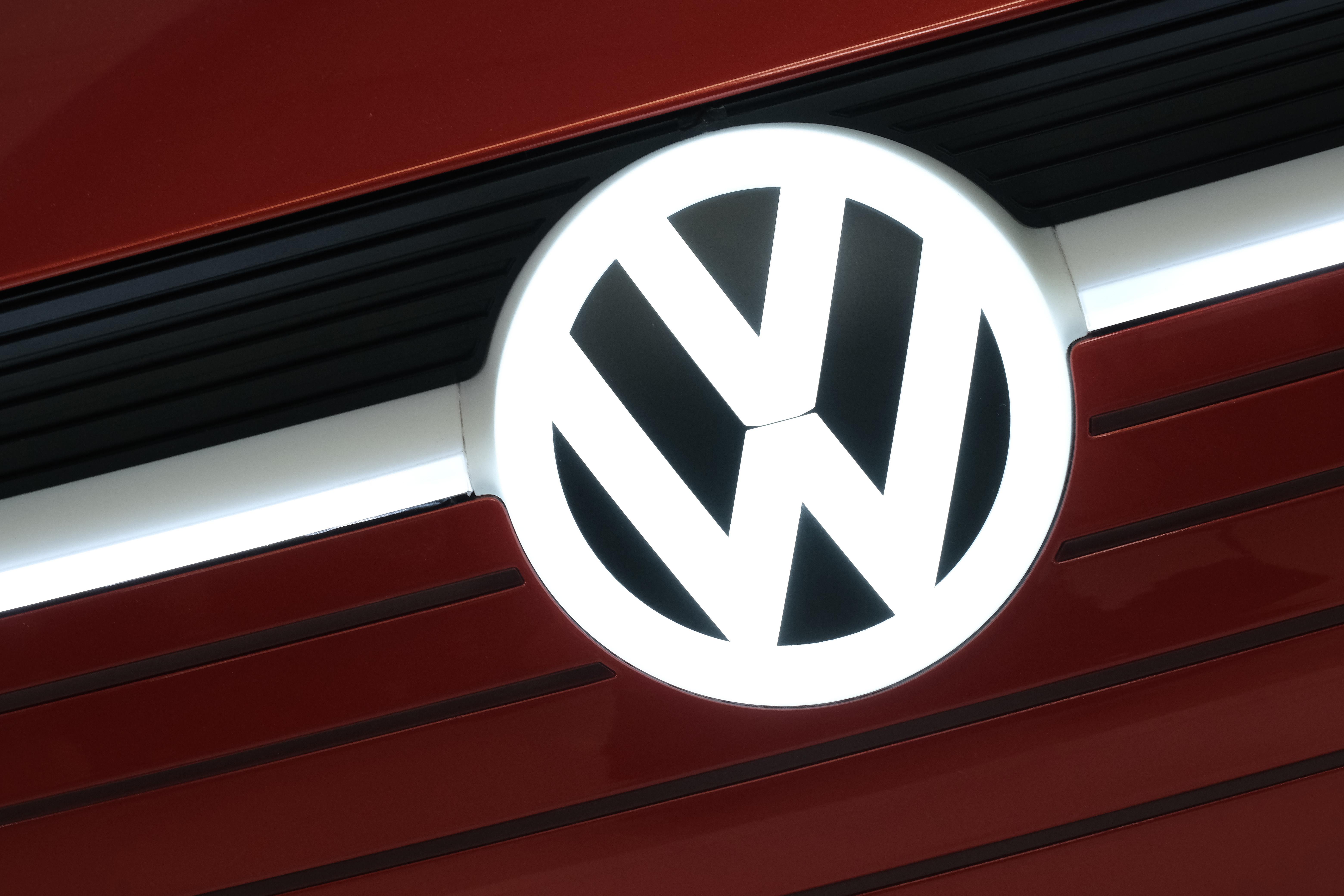
The claims were firmly denied by Volkswagen and the courts ultimately ruled in favour of the Porsche defendants, and financial regulators also cleared them of wrongdoing. While German law did not require Porsche to disclose its options positions, Porsche was accused of breaking market law by actively misrepresenting its intentions and thus actively deceiving investors.
#Vw stock squeeze full
Lawsuits duly followed, with Porsche management accused of market manipulation and profiteering from the spike in the Volkswagen share price, with claimants stating there would never have been short of the stock had Porsche informed the market that it was building a huge stake via equity and options purchases and planned to launch a full takeover of the company. Those short of Volkswagen stock suffered massive losses in the melee that followed Porsche’s disclosure, with estimates of as much as $40 billion being wiped from the balance sheets of those caught on the wrong side of the trade. At the same time, over 12% of Volkswagen shares had been shorted by hedge funds and other traders bearish of the company’s prospects, and as a result, the imbalance saw the “mother of all short squeezes” occur, with Volkswagen stock soaring to briefly value the firm as the world’s most valuable company, stealing the crown from Exxon, leading short sellers into some of the heaviest losses in history.


With the State of Lower Saxony owning 20% of Volkswagen, and index funds holding a further 5%, Porsche’s mammoth acquisition meant that there was only 1% of free float in the market. Markets were stunned in October 2008, just as the global financial crisis was sending shockwaves through the world economy, when Porsche issued a regulatory filing stating that it had amassed a 74.1% stake in Volkswagen, via a combination of straight equity purchases and an even bigger holding of cash-settled options on the stock.


 0 kommentar(er)
0 kommentar(er)
